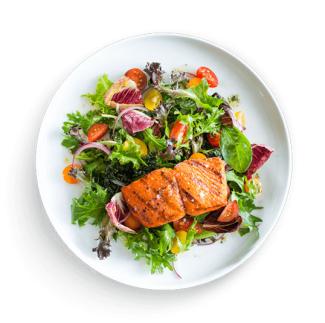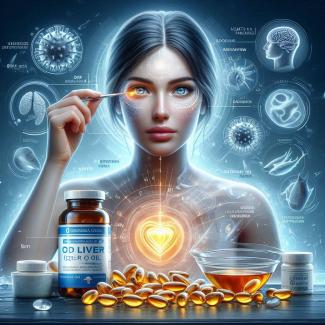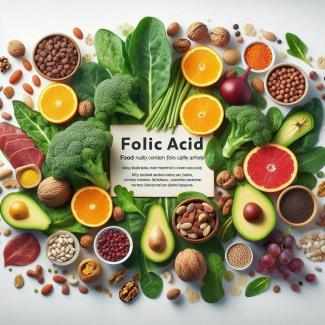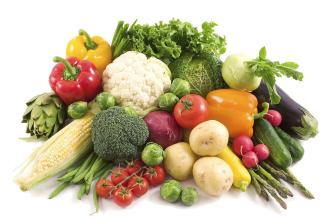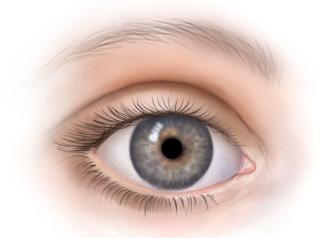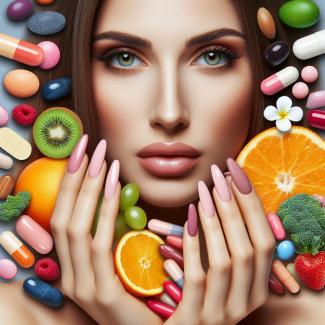
Retinol, which is a form of vitamin A, is present in various foods, primarily in animal-derived foods. The following foods are good sources of retinol:
- Liver (beef, chicken, pork, etc.): Liver is one of the richest sources of retinol.
- Fish oil: Fish oil, such as cod liver oil, is also a rich source of retinol.
- Dairy products: Milk, cheese, butter, and other dairy products can contain some retinol.
- Eggs: Eggs contain some retinol in the yolk.
- Fish: Certain fish species like salmon, trout, sardines, and mackerel also contain retinol.
- Meat: Meats, especially beef, chicken, and pork, contain some retinol.
- Seafood: Shrimp, shellfish, and other seafood may contain retinol in varying amounts.
Additionally, some plant-based foods like carrots, sweet potatoes, spinach, and broccoli contain provitamin A carotenoids that can be converted into retinol in the body. Carotenoids are the compounds that give foods their orange or yellow color.
Retinol, also known as vitamin A1, is good for the body for several reasons:
- Eye Health: Retinol is crucial for maintaining healthy eyes. It is essential for vision, especially in low-light conditions, and helps prevent night blindness and other vision problems.
- Skin Health: Vitamin A (in the form of retinol) is important for skin health. It contributes to the production of collagen, helping to keep the skin youthful and elastic. Retinol is also commonly used in cosmetic products to improve skin appearance.
- Immune System: Retinol plays a role in maintaining a healthy immune system. It aids the body in fighting infections by promoting the production of white blood cells.
- Mucous Membrane Health: Vitamin A helps maintain healthy mucous membranes in the body, including those in the respiratory, digestive, and urinary tracts.
A deficiency in vitamin A (including retinol) can lead to various health problems, so it's important to include retinol-rich foods in your diet and ensure an adequate intake of vitamin A.
Please note that excessive intake of retinol can be harmful, so it's essential to consume it within recommended dietary guidelines and consult a healthcare professional if you have concerns about vitamin A intake.

